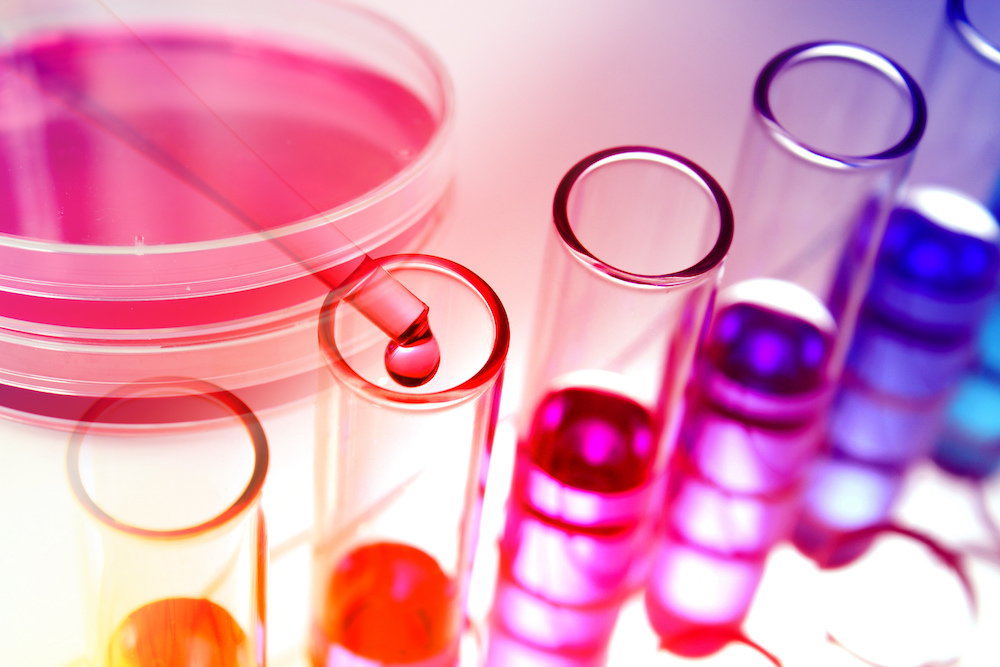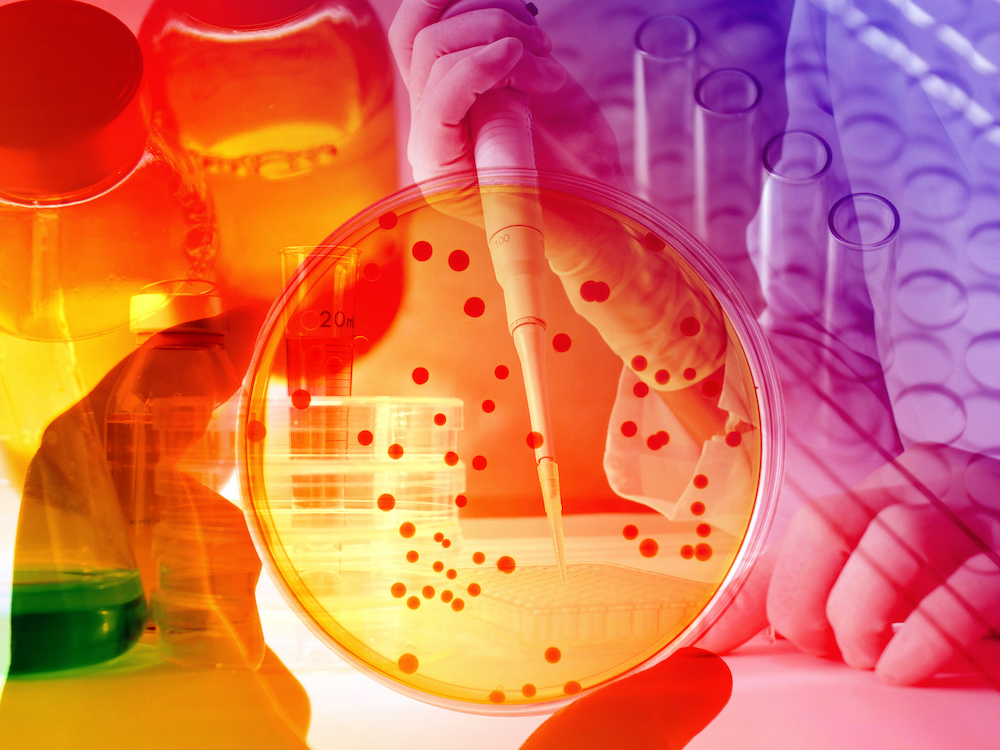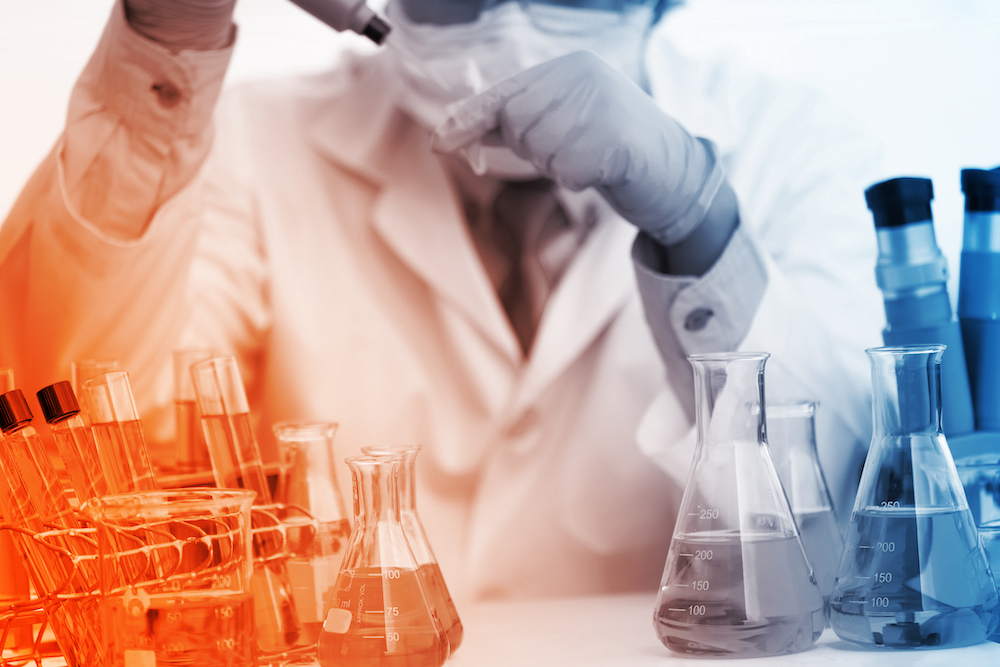Comprehensive solutions for the start of the transplant journey
Regulated testing for the transplant community for all donor suitability and eligibility determination requirements. Expert knowledge and support for your critical donor decisions where you need them when you need them.
High complexity testing laboratories offer Donor Eligibility Screening, HLA/Immunogenetics and Microbiology Testing, using the most appropriate regulated testing technologies for the transplant and medical communities. Robust Quality Program- FDA-registered for HCT/Ps, certifications, licenses, and accreditation’s for CLIA, State Agencies, ASHI, Therapeutic Goods Administrations (TGA), German Health Authority.
- Complete test menu of infectious disease testing for donor screening. All required regulated testing needed for both deceased and living donor eligibility determination.
- Robust Quality Program- FDA-registered for HCT/Ps, certifications, licenses and accreditation’s for CLIA, State Agencies and ASHI.
- Regional testing laboratories; Denver, CO, Atlanta, GA, Boston, MA, Cincinnati, OH, Dallas, TX, Honolulu, HI, Los Angeles, CA, Minneapolis, MN, Philadelphia, PA, San Ramon, CA and Winston-Salem, NC.
- 24/7/365 dedicated customer testing support.
- STAT and routine testing for expedited results.
- Result delivery to accommodate your needs: email, information system interface and portal.



